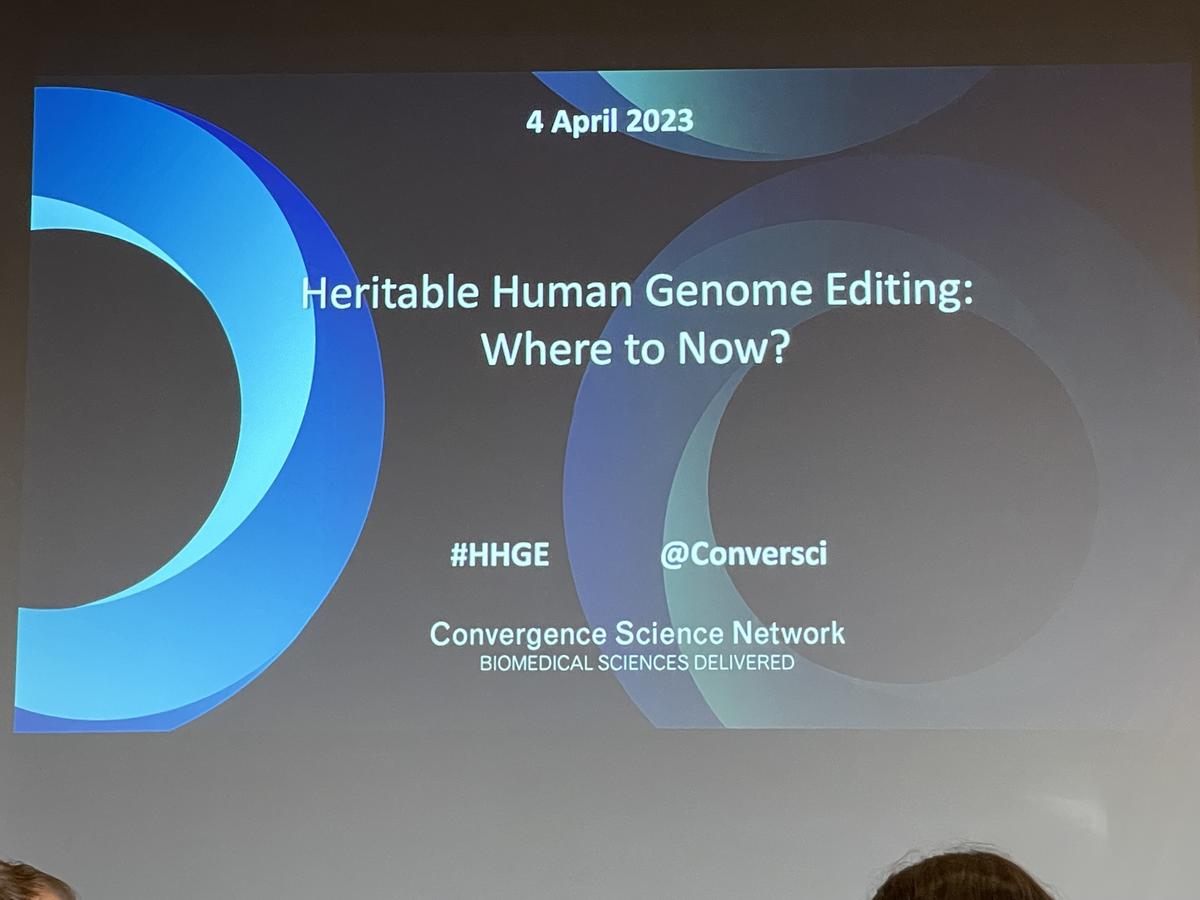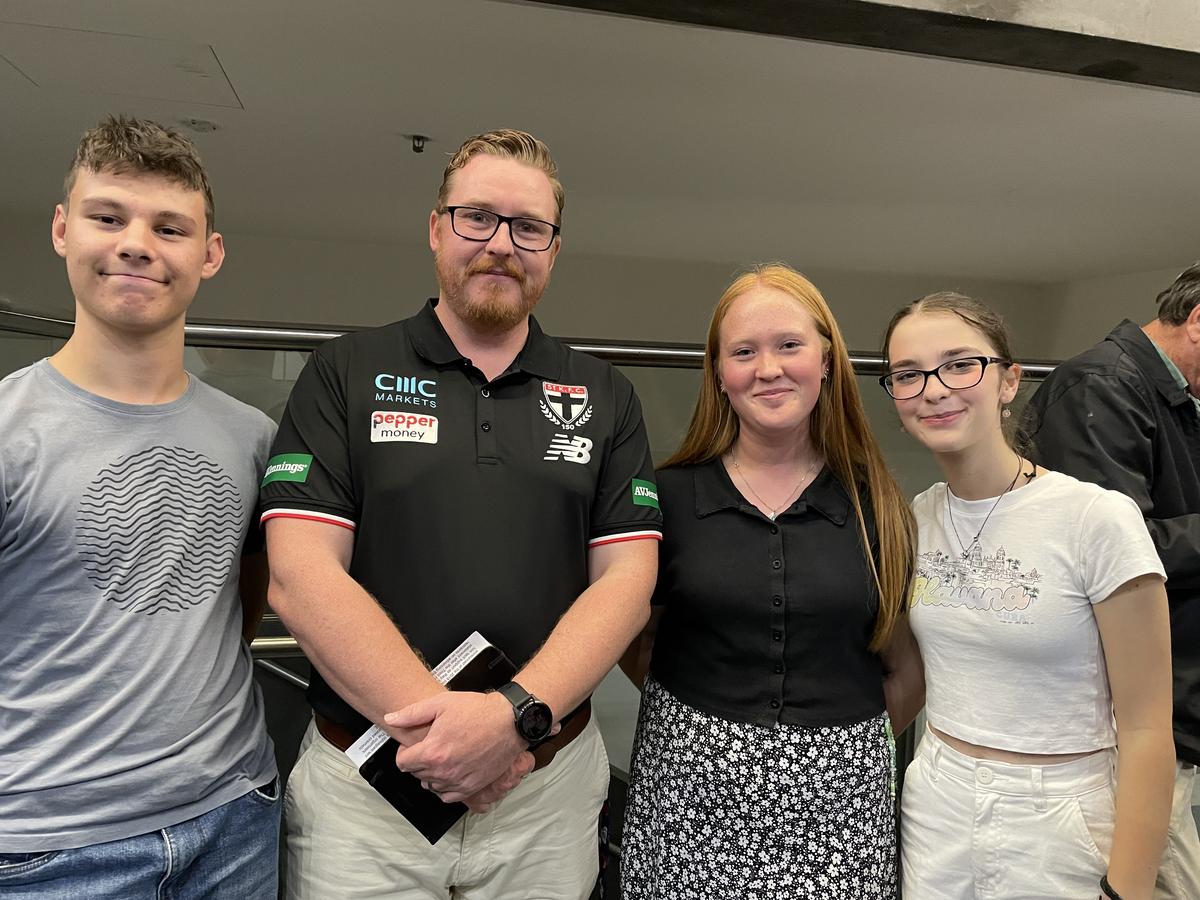Science
Year 9 Forensic Science | Year 9 Science | Year 11 Biology
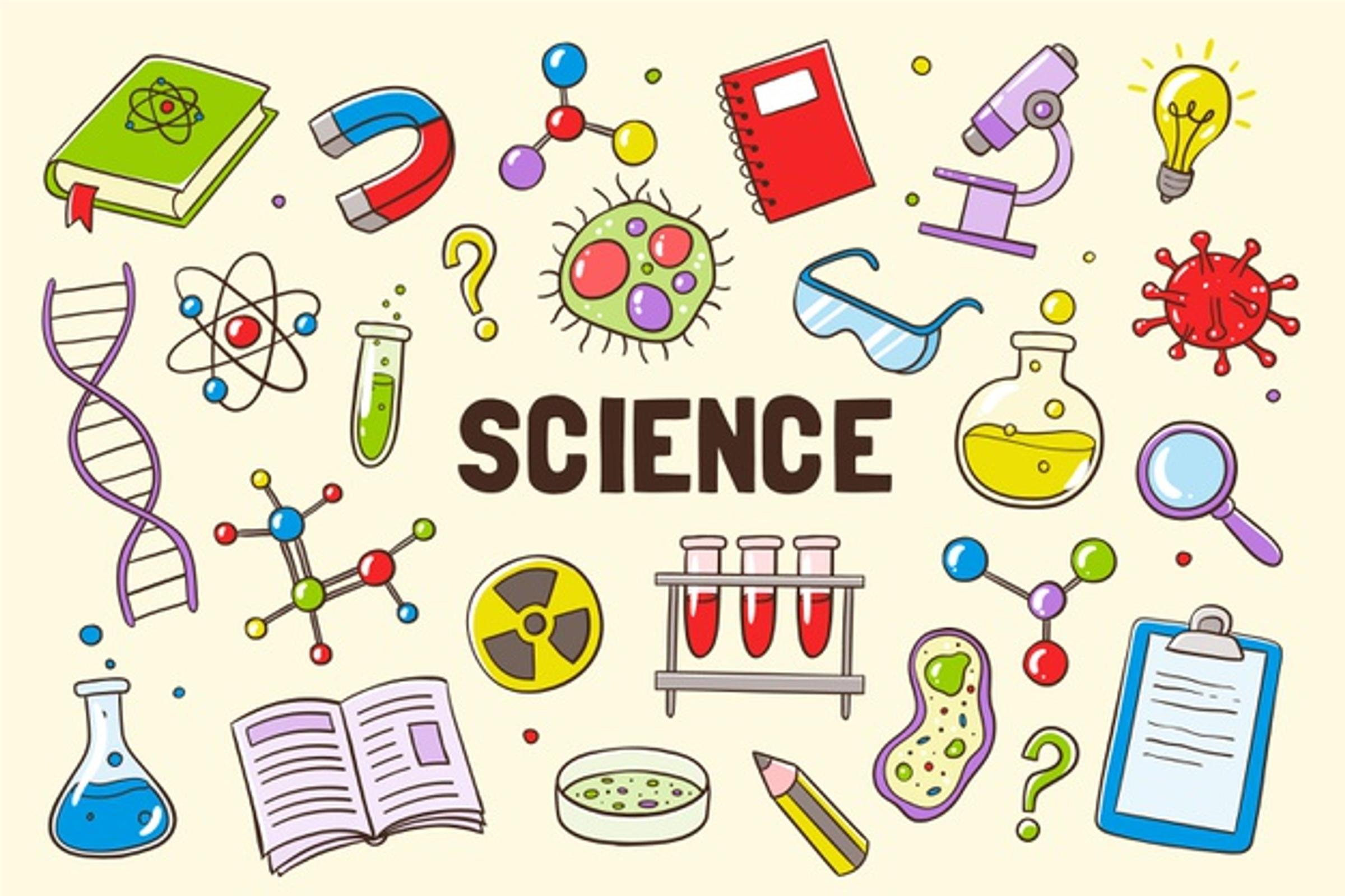
Science
Year 9 Forensic Science | Year 9 Science | Year 11 Biology
Year 9 Forensic Science class has been discovering more about Fibres and Fabrics.
It seems, these days, in almost any TV crime show you see, there is a thread found, or a torn piece of fabric. Our “Forensic Scientists” have been exploring fabrics and fibres to see some physical and chemical properties, such as:
Some of their posters of “exemplar” samples, facts and findings will be on display at CSC Open Night.
Mr Wheatley
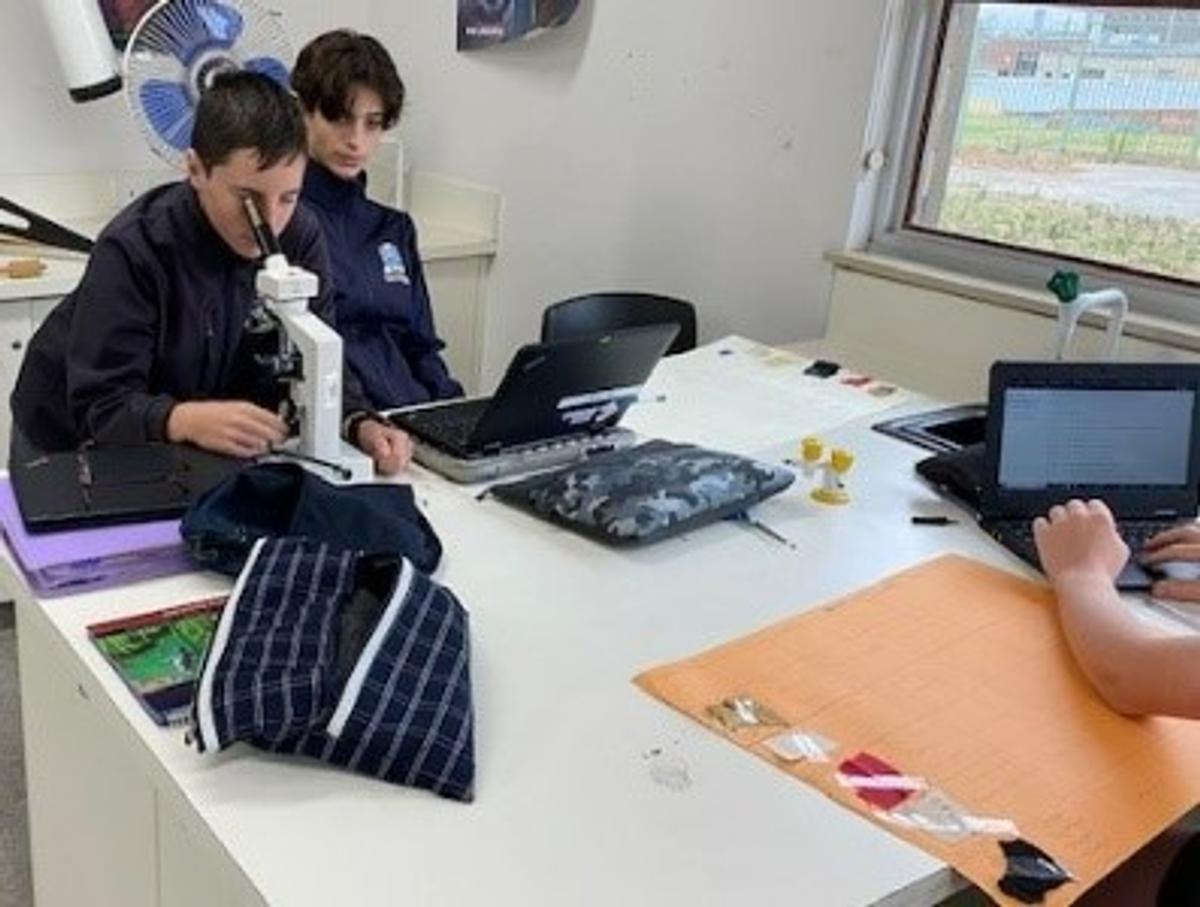
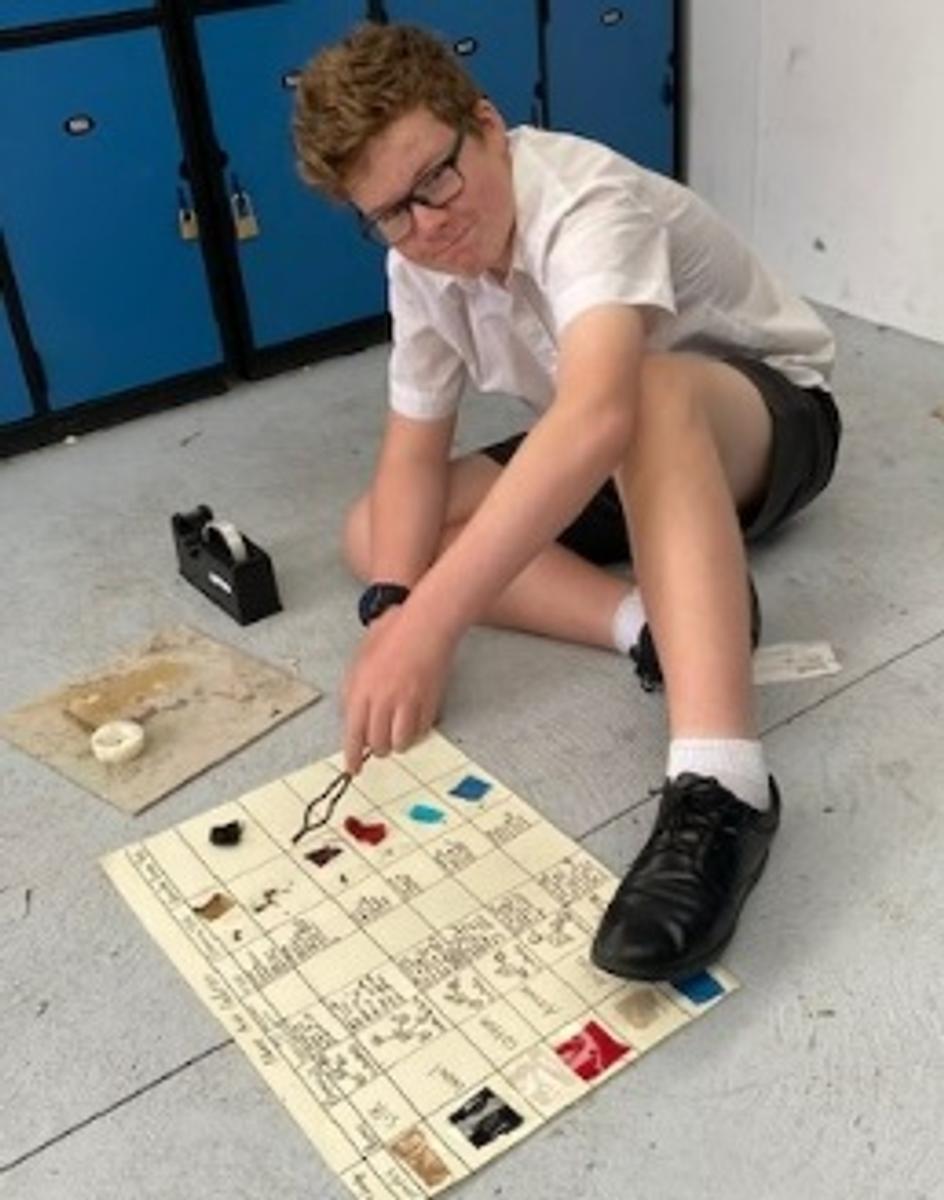




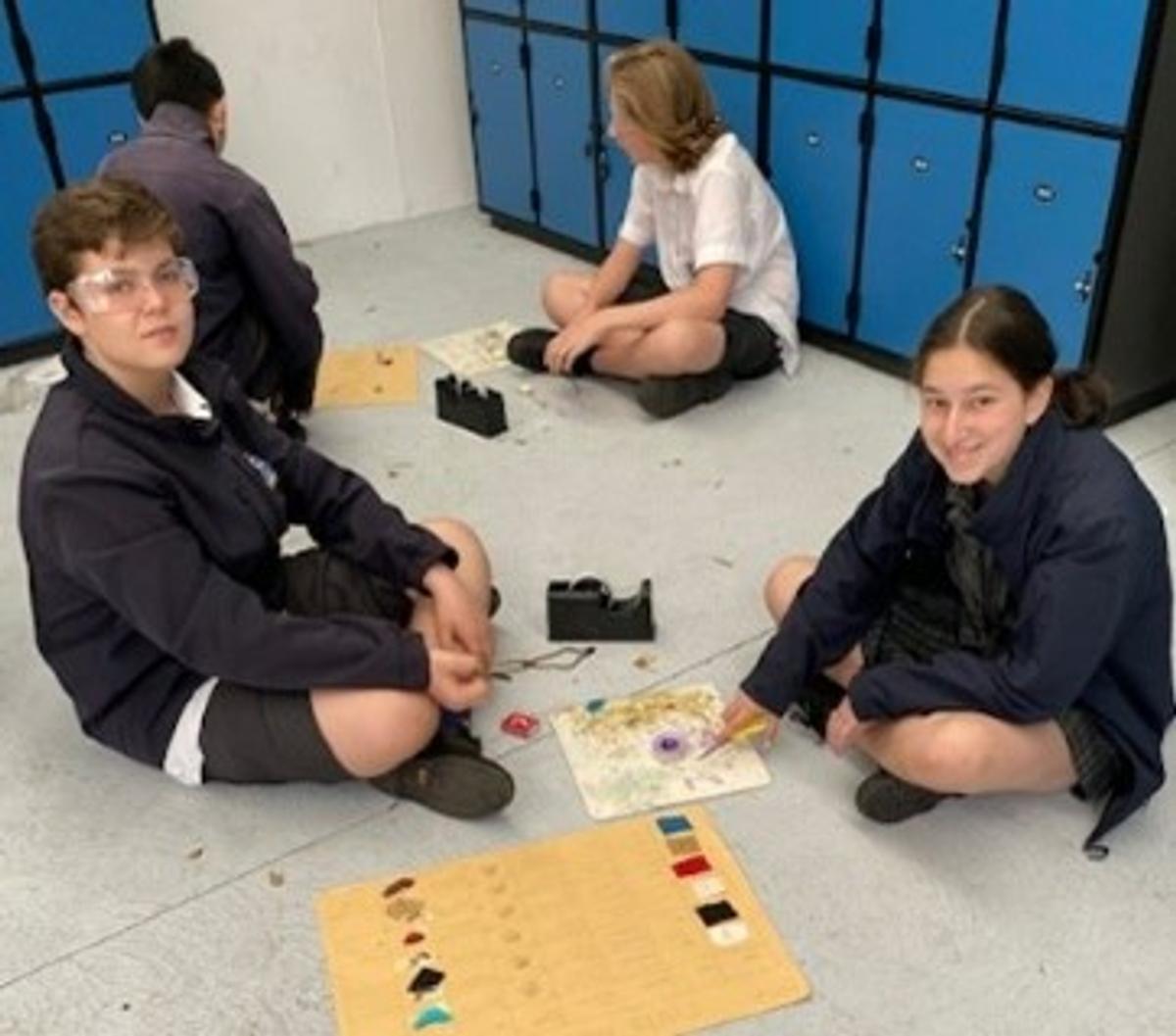
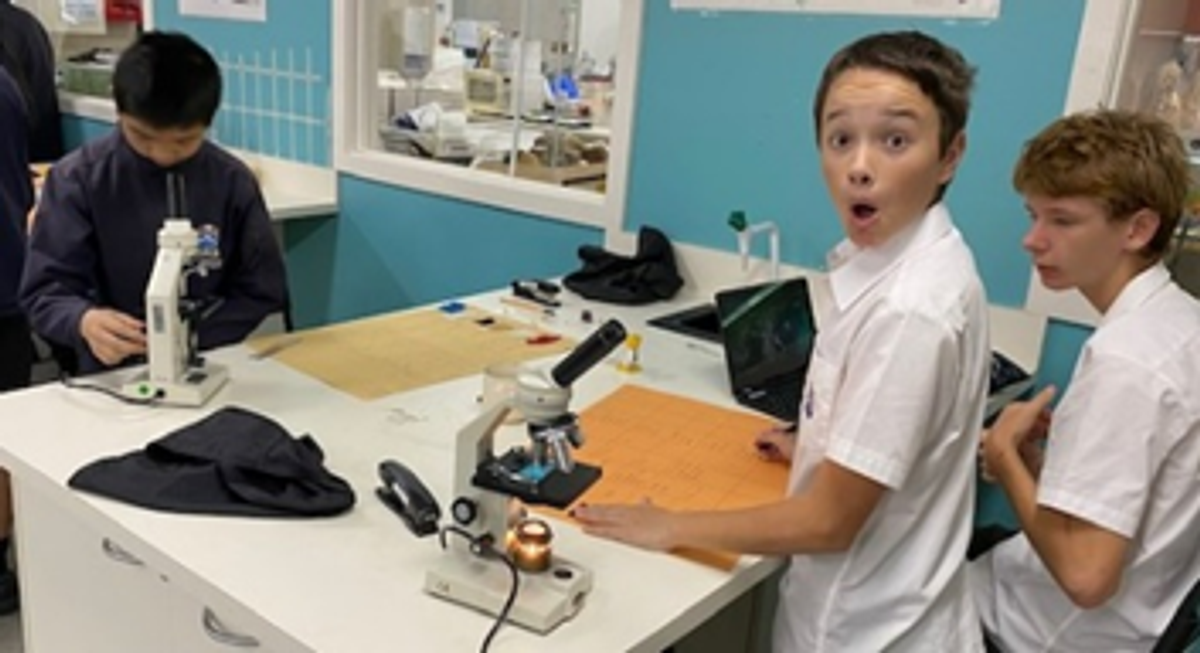


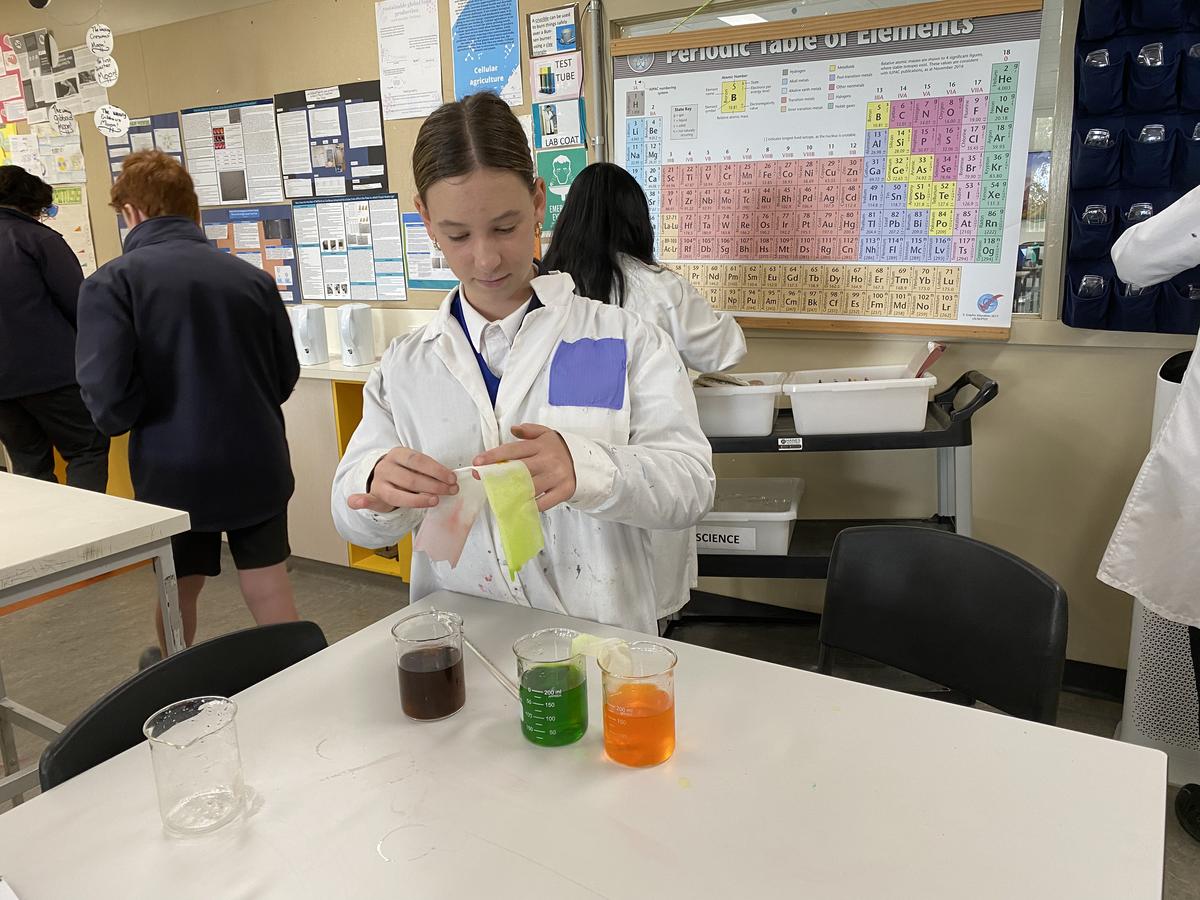

Year 9 Students begin their ventures into chemical sciences, where they investigate the dynamic nature of atoms and the various properties they possess. How does coloured dye spread in water of varying temperatures? Why is methane lighter than air and possesses combustive properties? How do different elements interact with each other?
On Tuesday 4th April a small group of Year 11 Biology students gave up their evening to attend the Bio21 Institute at Melbourne University to view a panel discussing the bioethical issues surrounding Heritable Human Genome Editing (HHGE). Zac, Eleni, Georgia and Mr Cooper heard debate and discussion from geneticists, philosophers, and ethicists about the revelations in 2018 that a Chinese geneticist, He Jiankui, announced the birth of two babies who had their genomes edited at the embryonic stage using CRISPR gene editing technology to increase their resistance to HIV. This was met with almost universal disapproval in the scientific community. The students learned about the legal ramifications, possible flow-on effects and where this type of research may lead us as a species in the future. These thought-provoking events are a valuable learning experience for our students as they get their first insights into university, possible career paths and being able to observe experts debate controversial issues in society.
Mr. Cooper
